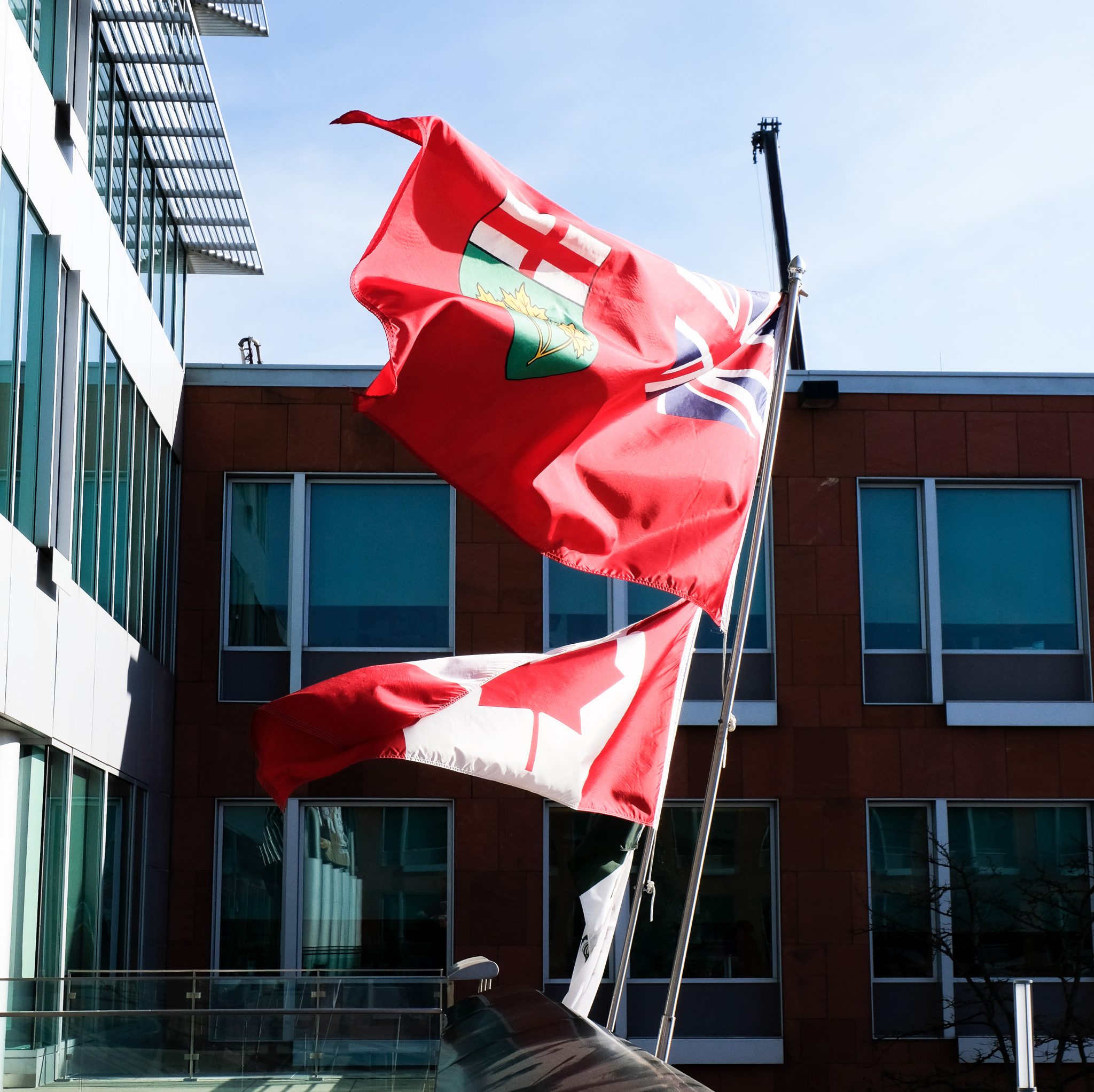Canada has been my home for 12 years now and it is dear both to my wife and my oldest children, who accompanied us when we moved from Germany to Waterloo.
The open arms with which our new neighbours received us helped us quickly forget the unpleasantries of the immigration process. Professional opportunities and Canada’s high international reputation brought us here but we decided to stay thanks to the social stability, a sensitivity for fairness as well as a pleasant diversity of languages, cultures and cuisines, all sweetened up in either respectful politeness or cordial kindness. Our younger children can even call Canada their native land!
But I must consider: how does our story relate to those who have the best claim to this country as their native land? Did I give any thought to them when I moved here? I did not, I confess. My thoughtlessness is even more embarrassing than the indifference of many others because I normally take pride in engaging critically with politics and history. As a ‘good’ German, I acknowledge the collective guilt of my ancestors for the Holocaust and accept my obligation to stand up against racism; as a professor of Greek and Roman history, I can boast a rich research portfolio on matters like imperialism, colonialism and migration.
Of course, I was aware that not all wounds of the colonial past had healed, but I somehow believed that Canada was dealing with this burdensome heritage much better than all other countries. I heard of the work of the Truth and Reconciliation Commission, which I found a marvellous undertaking, and trusted that these institutions would do what work remained to establish justice.
I saw very little poverty or homelessness in the streets of Waterloo, even though I only had to go to Kitchener to see that not everyone was benefitting from the Canadian bounty as I was—but I rarely went. Any racial injustice, so I convinced myself, felt like it had happened far away and long ago.
A visit to the Canadian Museum of Civilization in Gatineau in 2010 confirmed my belief that the Indigenous people were treated with the utmost respect and mainstream media did not counter this perception.
When I found out about poisonous drinking water in some reserves, it was unsettling but I did not understand the extent of the government failure. Worse, I was willing to listen to those who blamed it on the Indigenous leaders who supposedly wasted the generous funds provided by the Canadian government.
The increasing reports of missing girls and women were disturbing and I was displeased with both the Conservative and the Liberal governments for not taking decisive action to search for them, or at least to bring clarity and a hint of justice to their families. However, I regarded these crimes more as a social than a racial problem, rationalizing that most crimes were likely committed by men of their own communities.
I became more intrigued when the report of the Truth and Reconciliation Committee was published in 2015.
That year, people began talking more about the Indian residential schools, the last of which was closed only in 1996. I gradually understood how entire communities had been violated, crippled and uprooted.
My visit to the Canadian Museum for Human Rights in Winnipeg in 2017 was a counterpoint to the Gatineau experience: I opened up to the uncountable stories of individual suffering by losing one’s children or living through the hell of the residential schools or as slaves in private households of ‘well-meaning citizens’.
In 2015, I began attending some of the public events on, with and by representatives of the local Anishinaabe community at the University of Waterloo. I remember how embarrassed I was to learn that the house that my wife and I had just bought was located on the Haldimand Tract which was land promised to the Six Nations.
Perhaps the most embarrassing thing was acknowledging my reluctance to right my wrong: I cannot give up my lifetime investment and the home of my children. This way, I have bought into the collective guilt of Canadians and become a full member of the colonizing society before even becoming a citizen.
This spring, the unfathomable discoveries at Kamloops were broadcasted nationwide. I remember how horrified we all were, though my sadness quickly turned into anger about the government and other institutions. Their words of compassion appeared like lip service to me when I understood that those cruelties had long been known and reported, but the witnesses were ignored and no one had cared to look for the graves of the missing children. My 14-year-old daughter shed bitter tears, insisting that life could not just continue as usual and that Canada Day ought not to be celebrated.
After long discussions, we did gather with our friends, but gave room for reflection and discussion, while also collecting a donation for the Indigenous Solidarity Fund. We were thus able to accept both bright and dark side of being in Canada.
The path of reconciliation is long and uncertain, and I do not know where it will take me, my children and this country as a whole.
What I understand so far is that I should not leave this process to institutions alone. I have to make my own steps, the first of which is opening up to the truth that has been surrounding me like a ghost, unseen and unheard for too long.
The first National Day for Truth and Reconciliation on Sept. 30, 2021 has encouraged me to come out of my comfort zone by telling my story, and it may help others to tell theirs.




Leave a Reply